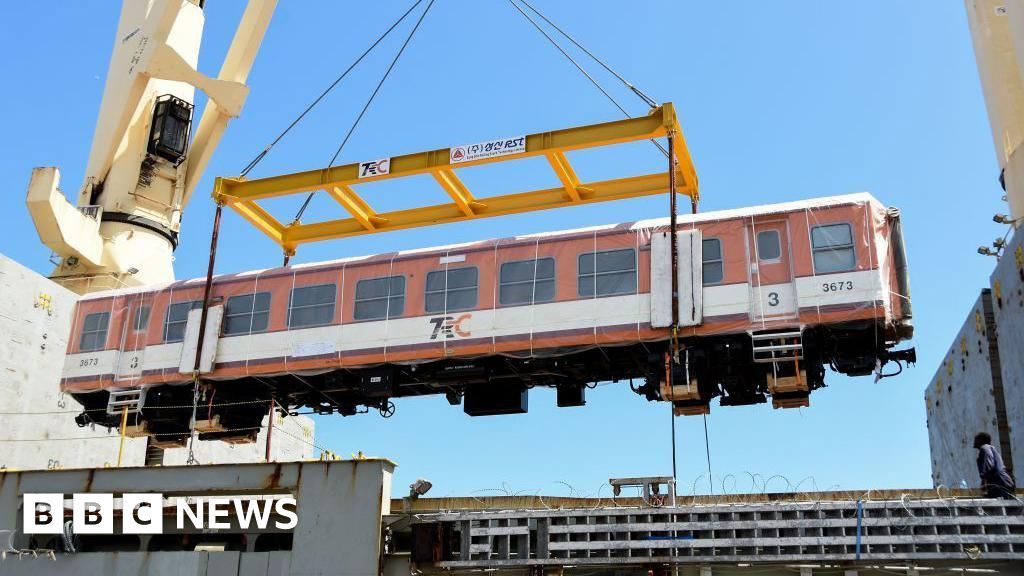Joe Biden has said the US is discussing with Israel the possibility of Israeli strikes on Iran’s oil infrastructure.
When asked if he would support such strikes, Mr Biden said: "We're discussing that. I think that would be a little... anyway."
He has previously said he would not support Israeli strikes on Iranian nuclear facilities.
The price of crude oil shot up by 5% immediately after Mr Biden’s comments. It has now increased by 10% since Iran’s large-scale missile attack on Israel on Tuesday.
Israeli Prime Minister Benjamin Netanyahu said Iran "will pay a heavy price” for Tuesday’s attack, which saw 180 ballistic missiles fired at Israel.
Iran said the barrage was a response to the killings of Hamas political leader Ismail Haniyeh, Hezbollah leader Hassan Nasrallah and Iranian Revolutionary Guards Corps commander Brig-Gen Abbas Nilforoushan.
Mr Biden also told reporters that he was not expecting Israel to launch its retaliation on Thursday.
Asked as he left the White House what plans the US had to allow Israel to strike Iran, he responded: "First of all, we don’t allow Israel, we advise Israel and there’s nothing that’s going to happen today."
He had earlier said the US did not support strikes on Iranian nuclear facilities, as touted by some in Israel, including former Israeli PM Naftali Bennett.
Bennett argued striking Iran's nuclear facilities could "help change the face of the Middle East" and “fatally cripple this terrorist regime”.
Reports in Israeli media citing local officials suggest Israel plans to first strike Iran’s oil facilities. If Iran then hits back, Israel will target its nuclear facilities.
Mr Biden said on Wednesday he had consulted with the leaders of other G7 countries, who agreed Israel "has the right to respond, but they should respond proportionally".
Fears over further violence between Israel and Iran, the world’s seventh largest oil producer, have put markets on edge.
Of particular concern is whether any escalation could block the Straits of Hormuz, through which a third of oil tanker traffic and a fifth of LNG frozen gas has to pass.

 1 month ago
11
1 month ago
11










 English (US) ·
English (US) ·